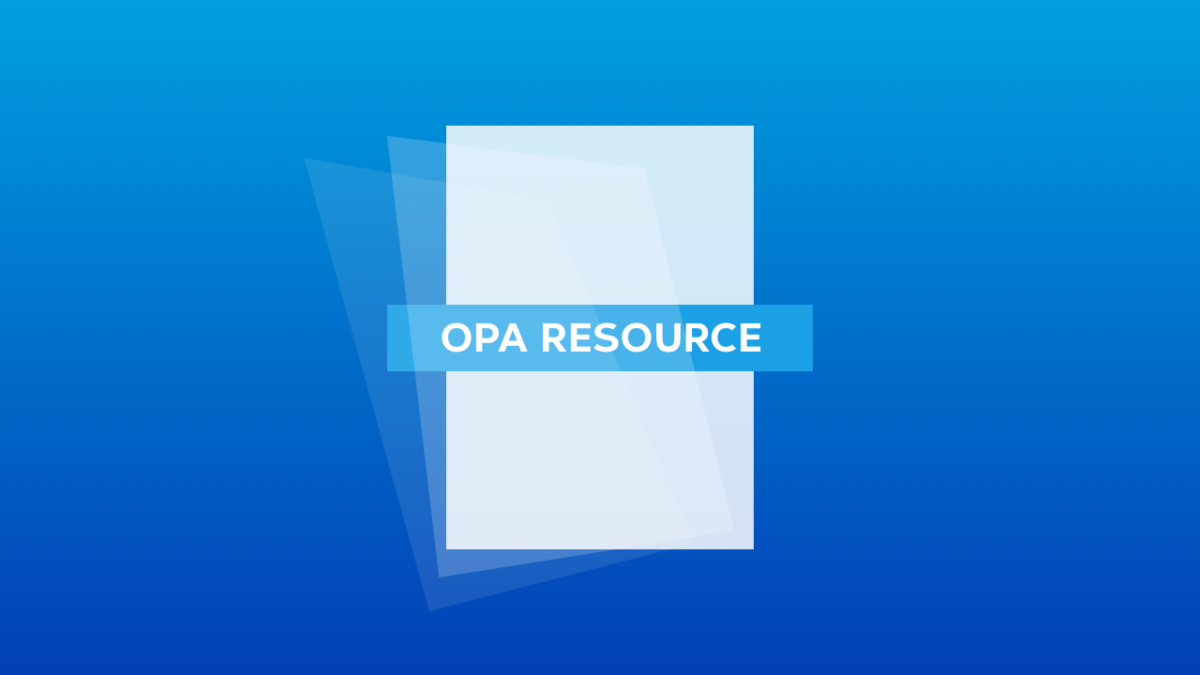Frequently Asked Questions – Notice: Ontario Drug Benefit (ODB) Program Changes and Guidance for Dispensers During the COVID-19 Public Health Emergency
Days’ Supply and Early Refills
The intent of the recommendation that pharmacists dispense no more than 30-days’ supply of ODB eligible medications is to discourage patients from filling large quantities in order to prevent stockpiling of medications which could lead to drug shortages. Thus, pharmacists should adhere to this recommendation and provide patients with 30-days’ supply of medications whenever possible. There may be situations where dispensing a supply less than 30 days may be appropriate (e.g., concerns over potential abuse of the medication), or more than 30-days’ supply (e.g., patient cannot come back for a refill in 30 days and delivery is not an option, such as in rural and remote regions of the province). Pharmacists should use their professional judgement to assess each situation and act in accordance with all professional Standards of Practice and Code of Ethics as mandated by the Ontario College of Pharmacists. In all cases, the supply dispensed should not exceed the usual supply for the patient. All decisions must be accompanied with appropriate documentation.
Under normal circumstances, the Ministry’s policy for refilling a prescription for an ODB recipient is no more than 10 days in advance of depleting their current supply. If, in the pharmacist’s professional judgement, a patient requires an early refill (i.e., a refill when there is more than 10 days’ supply left on the patient’s current supply), the pharmacist must document clearly the clinical reason for refilling the prescription early prior to providing a refill (e.g., dosage change). This policy remains unchanged at this time. Pharmacists are reminded that although the Ministry has temporarily suspended pharmacy inspection activities for the purposes of post-payment verification of claims reimbursed under the ODB program, claims will be monitored and may be subject to post-payment audit when inspection activities resume.
The changes outlined in the Executive Officer’s notice only apply to eligible claims made under the Ontario Drug Benefit Program. However, this is a concept that OPA has supported ever since the pandemic was declared by the World Health Organization. It is supported by our national partners, the Canadian Pharmacists Association, and is one that will ensure the safety of Ontario’s and Canada’s drug supply. We recognize that you may get some resistance to this policy from either third-party payors or patients, but we encourage you to apply this policy going forward. OPA continues to work with other third-party payors on how this would affect reimbursement policies, including coordination of benefits and will provide members with updates when they become available.
OPA has prepare the following signage to help communicate to your patients that the 30-day supply maximum has been recommended by the Ministry of Health to ensure the safety of Ontarians and is intended to protect Ontario’s drug supply. When speaking with patients, it may also be helpful to remind them that the earliest they will be able to order refills is 10 days before their prescription is supposed to run out.
You can also refer patients to OPA’s statement asking patients for their understanding at this time to ensure Ontario’s drug supply is secure.
MedsCheck
All documentation that is required under the current MedsCheck program is still applicable whether it is performed in-person at the pharmacy, over the phone, or virtually (e.g., Skype, FaceTime, Zoom, etc.). An exception however will need to be made for MedsChecks conducted virtually or over the phone regarding the requirement for the patient’s or agent’s signature on forms, which include:
- MedsCheck Patient Acknowledgement of Professional Pharmacy Services
- MedsCheck Patient Take-Home Summary
- Diabetes Education Patient Take-Home Summary
During the COVID-19 pandemic, if a MedsCheck consultation is performed virtually or over the phone, in lieu of a patient’s signature, pharmacists must document the reason for not being able to obtain it (e.g., “No signature due to COVID-19 self-isolation”).
Please note that the Chief Medical Officer of Health for Ontario has issued a directive (CMOH Directive #2) to all healthcare professionals that all non-essential services be postponed until further notice. This includes MedsCheck consultations for non-urgent purposes. Please see Q.7 below for more information on this.
All MedsCheck requirements must be satisfied in order to submit a claim for reimbursement, including the provision of required documents to patients. Documents that may need to be provided to the patient include:
- Pharmacist’s Worksheet/professional notes (if requested)
- MedsCheck Personal Medication Record (required)
- MedsCheck Patient Take-Home Summary (if used)
- Diabetes Education Patient Take-Home Summary (required)
The pharmacist should provide these documents to the patient at the earliest opportunity (e.g., delivered in the prescription bag with the patient’s medication, direct mail, etc.), taking into account protection of patient privacy and confidentiality. Pharmacists should exercise professional judgment and consider patient preference to determine the suitability of other ways to provide these documents (e.g., ensuring emails are secure, etc.).
MedsCheck appointments that are not medically necessary for the patient’s understanding of their medications and to resolve urgent medication management issues should be postponed to a later time. Pharmacists are asked to use their professional judgment to determine if the MedsCheck would be medically necessary for a patient and to document the rationale. Some situations could include, but are not limited to:
- Significant medication changes post-hospital discharge
- Long history of non-adherence and difficulty with medication management
- Patient with recently diagnosed type 2 diabetes and started on medications
- Elderly patient with significant medication changes in the last 100 days
- Request for a MedsCheck from the patient’s primary care prescriber
Regulated healthcare professionals, including pharmacists, have been asked by the Chief Medical Officer of Health of Ontario to ramp down on non-essential or elective services due to the COVID19 pandemic. As such, MedsCheck appointments that are not medically necessary for the patient’s understanding of their medications and to resolve urgent medication management issues should be postponed to a later time. MedsCheck appointments that, in the professional opinion of the pharmacist, are deemed to be medically necessary, may be performed virtually or over the phone. Pharmacists are asked to use their professional judgment to determine the appropriateness of performing an in-person MedsCheck taking into account measures to protect their own health and that of the patient, such as social distancing and availability of personal protective equipment.
Suspension of Inspections
Despite the Ministry’s temporary suspension of inspection activities, all submissions for payment that are made under the ODB program, regardless of when they are made, may be subject to audit when inspection activities resume. Therefore, pharmacies are reminded to continue to be compliant with any applicable laws, regulations and Ministry policies. For documentation requirements associated with the changes to days’ supply, early refills and the MedsCheck program, please refer to the questions in the relevant sections above.
At this time, the Ministry has temporarily suspended pharmacy inspection activities for the purposes of post-payment verification of claims reimbursed under the ODB program in response to the COVID-19 public health emergency. No date has been provided as to when these activities will resume. However, all submissions for payment that are made under the ODB program, regardless of when they are made, may be subject to audit when inspection activities resume. Therefore, pharmacies are reminded to continue to be compliant with any applicable laws and Ministry policies despite the suspension of inspections.
Limited Use Drug Products
LU authorizations are valid for the duration indicated by the listed LU criteria. Some LU drugs used in chronic conditions have been granted “indefinite” authorization periods, which means that the LU prescription only needs to be completed once to confirm that the patient meets the LU clinical criteria. For those drugs that have a defined LU authorization period, e.g., one year, a new LU prescription would normally be required after the authorization period.
Given the exceptional circumstances of COVID-19, pharmacists who are unable to obtain a renewal of an LU authorization may continue to fill the Rx, as deemed appropriate based on documented professional judgment, and the Ministry will continue to cover the cost, as an interim measure. The rationale for not being able to obtain physician authorization (e.g., “Unable to reach prescriber due to COVID-19” or some language similar) must be documented. As this is a temporary measure, pharmacists should continue to communicate with prescribers where possible to inform the prescriber of your actions and obtain a new LU authorization. Pharmacists are also strongly advised to maintain a record of all LU prescription claims that have been extended for the purposes of audit post-removal of these temporary measures.
Example Case: Patient is on pantoprazole sodium 40 mg, Reason for Use (RFU) code 297 (expiry
March 18, 2020). If a patient requests a refill for a 30-day supply on March 24, 2020 and the pharmacist is unable to reach the prescriber for a new LU authorization, the pharmacist can continue to refill the prescription and apply the same RFU code to the quantity dispensed, if the patient still meets the clinical criteria based on their professional judgement. The pharmacist should communicate with the prescriber where possible to inform them of this extension and
request a new LU authorization for future fills. Any new LU authorization received from the prescriber will be active from the date that it was authorized. If a new authorization is not received by the next refill due to COVID-19, pharmacists can continue to temporarily extend LU authorizations for the dispensed quantity.
At this time, the Ministry has temporarily suspended pharmacy inspection activities for the purposes of post-payment verification of claims reimbursed under the ODB program in response to the COVID-19 public health emergency. No date has been provided as to when these activities will resume. However, all submissions for payment that are made under the ODB program, regardless of when they are made, may be subject to audit when inspection activities resume. Therefore, pharmacies are reminded to continue to be compliant with any applicable laws and Ministry policies despite the suspension of inspections.



